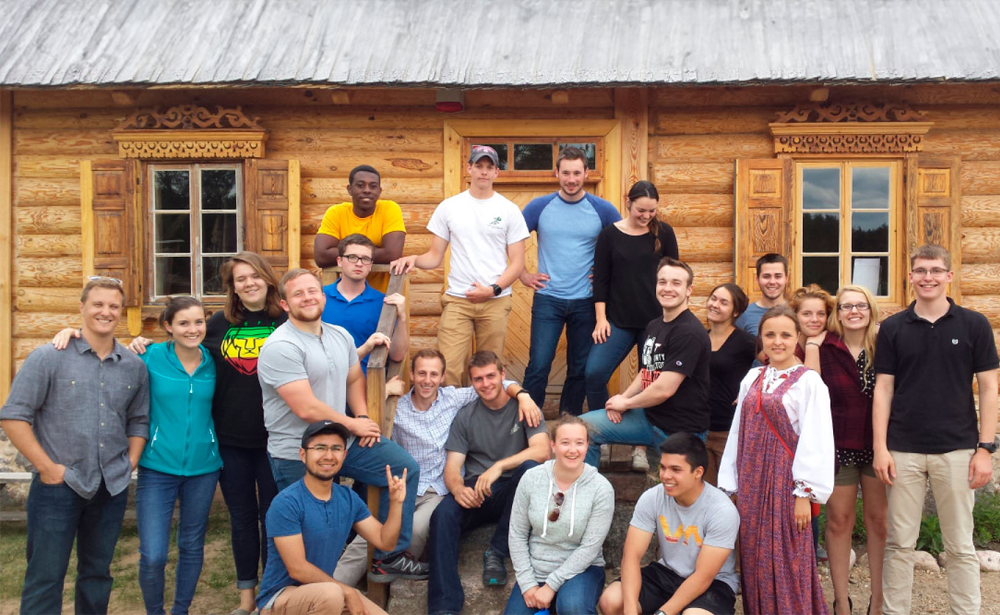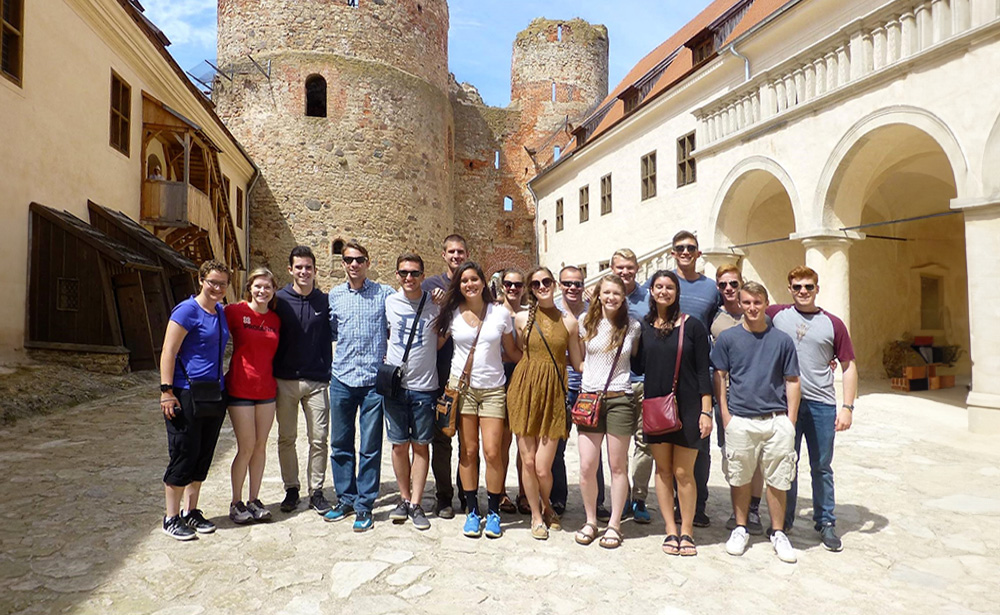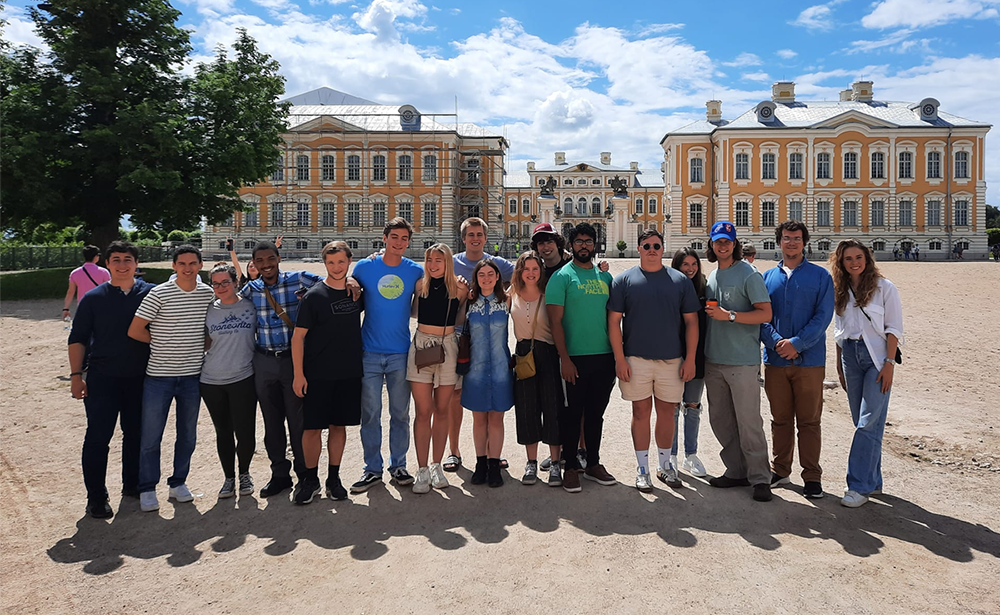How to Say “I don’t speak Russian”
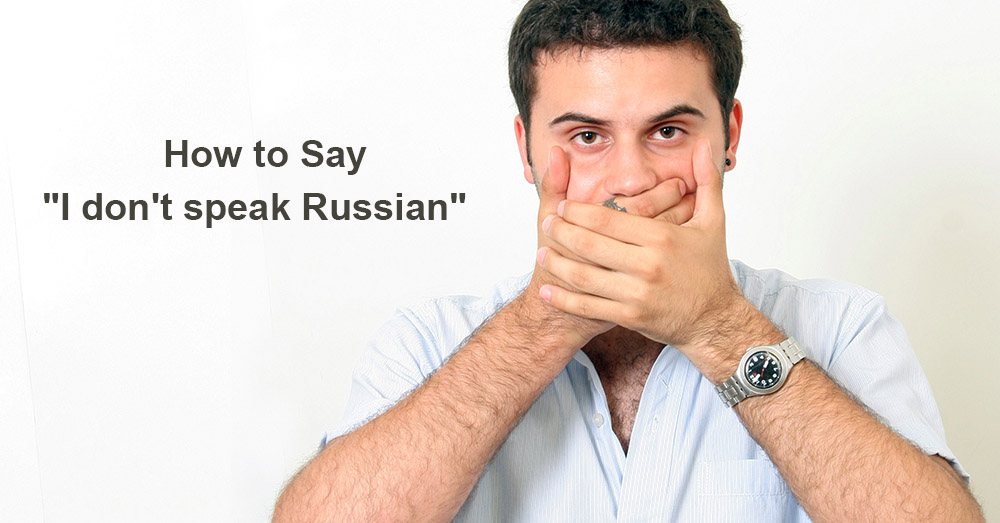
When you travel in Russian-speaking countries, but don’t speak Russian, it would be very useful to know how to say “I don’t speak Russian” in Russian, because people will speak Russian to you everywhere – at a hotel, on public transport, taxi, etc.
There are a few ways to say that you can understand nothing:
- “Я не говорю по-русски” – [ya ne govorju po-russki] – I don`t speak Russian
- More polite: ” Извините, я не говорю по-русски” – [izvinite, ya ne govorju po-russki] – Sorry, I`dont speak Russian
- “Я не умею говорить по-русски” – [ya ne umeju govorit’ po-russki] – I do not know how to speak Russian
- “Я не владею русским” – [ya ne vladeju russkim] – I don`t know Russian

If you travel with your family or friends, it’s better to inform, that nobody of you can speak any Russian right away.
- “Мы не говорим по-русски” – [my ne govorim po-russki] – We don`t speak Russian
- More polite: “Извините, мы не говорим по-русски” – [izvinite, my ne govorim po-russki] – Sorry, we don`t speak Russian
- “Мы не умеем говорить по-русски” – [my ne umeem govorit’ po-russki] – We don`t know how to speak Russian
- “Мы не владеем русским” – [my ne vladeem russkim] – We don`t know Russian

Nowadays, more and more people around the world are studying English. During your trip around Russian-speaking countries you may notice that a lot of people especially the ones who work in tourist area, young people, etc. can speak English. Therefore, you can right away make them understand that you are looking for someone who can speak English:
- “Я говорю по-английски” – [ya govorju po-angliski] – I speak English
- “Вы говорите по-английски?” – [vy govorite po-angliski] – Do you speak English?
In case you have already started to learn Russian, but you have some difficulties in understanding Russian speech, you can say:
- “Я не понимаю” – [ya ne ponimaju] – I don`t understand
- More polite: “Извините, я не понимаю” – [izvinite, ya ne ponimaju] – Sorry, I don`t understand
- “Я немного говорю по-русски” – [ya nemnogo govorju po-russki] – I speak a little Russian
- “Я плохо говорю по-русски” – [ya ploho govorju po-russki] – I don`t speak good English

If you need to know something, and you wish to continue talking to a person in Russian despite the difficulties in understanding Russian, you may ask:
- “Повторите, пожалуйста!” – [povtorite, pozhaluysta] – Repeat, please!
- “Говорите медленнее, пожалуйста!” – [govorite medlenneje, pozhaluysta] – Speak more slowly, please!
- “Напишите это, пожалуйста!” – [napishite eto, pozhaluysta] – Write it, please!
We hope you find this article useful, and the phrases we provided will help you during your stay in Russian-speaking environment.
If you memorize these phrases, you’ll hardly end up in the situation similar to the Hollywood characters:
You may be interested
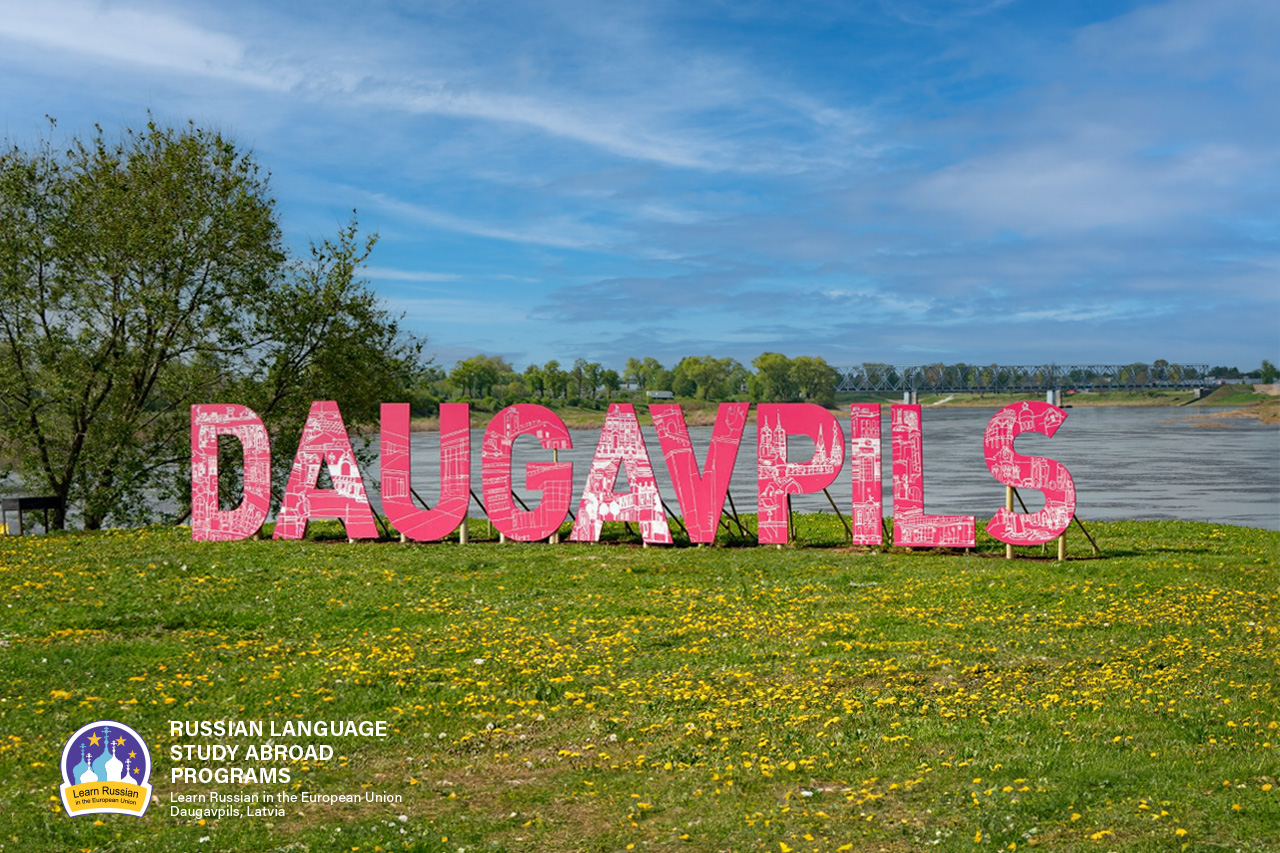
Why do people speak Russian in Daugavpils?
As it seems to us, Daugavpils is the best place to learn Russian now, because our city is situated in the EU and NATO, but at the same time 90% of the city’s population speak Russian at home.
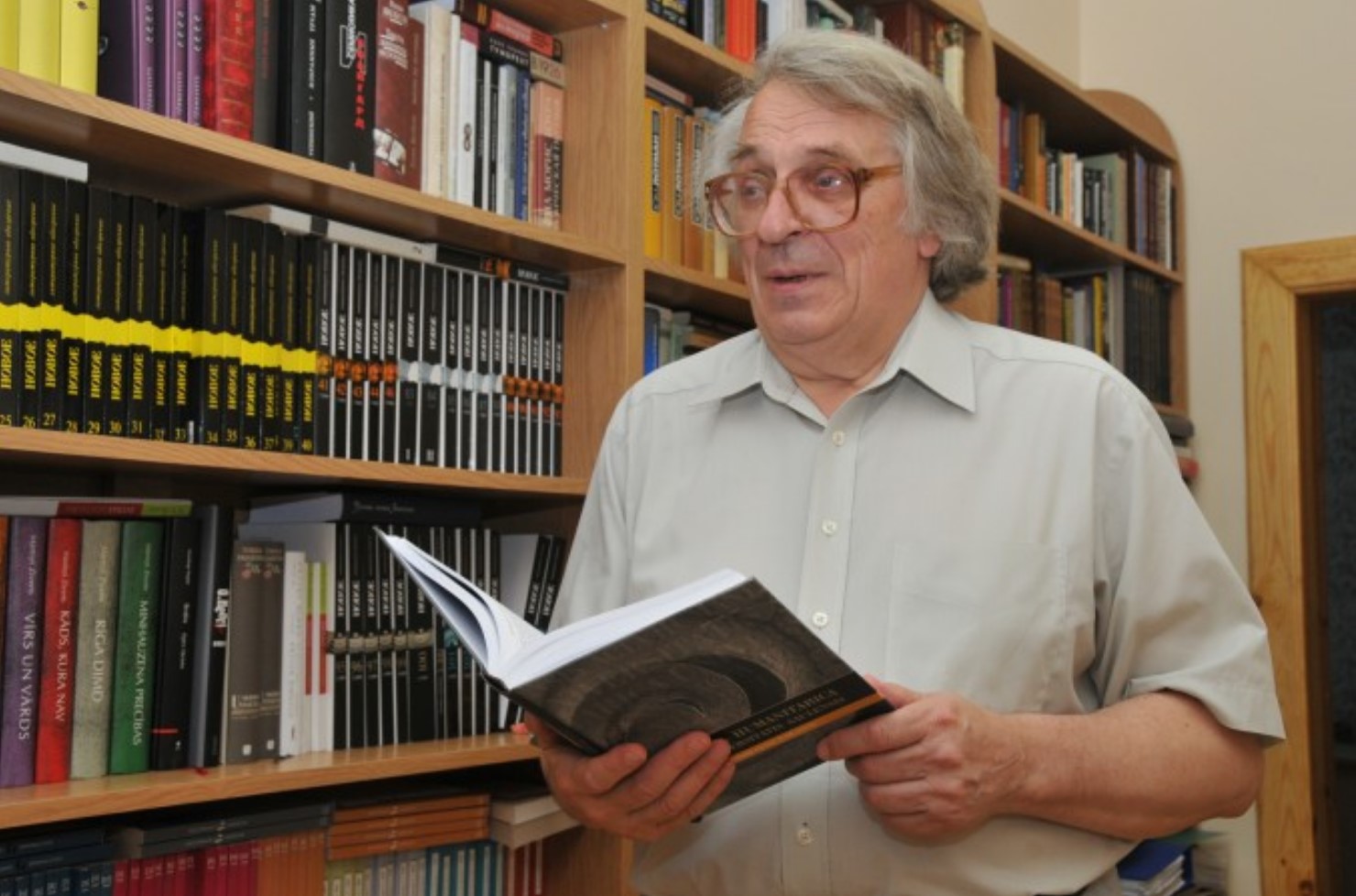
ЭТЮД О ДВИНСКЕ
Etude on Dvinsk by F.Fedorov
The Baltic region is one of the most catastrophe prone regions of the 2nd millennium, especially its second part; it is the centre of attraction of ‘geopolitical’ interests of the European world. Probably the most tragic fate has befallen to the eastern part of the present Latvia and its multi-titled town of Dinaburg – Dvinsk – Daugavpils. During its 730 years long history, the town went through five rather autonomous periods of development, five different lives (German, Polish, Russian, Latvian, Soviet), and at the beginning of the 1990s it entered into the 6th period.
The history of Dinaburg – Dvinsk – Daugavpils is the history of five attempts by the town to begin its life anew; and this is determined not only by the fact that the town was four times burned down and had to start life from scratch, but first and foremost because each of these periods was characterized by a total change of ethnos and the socio-cultural field.
The present article deals with the cultural space of the town in one of the most efficient periods of its development – from the 1860s till World War I.






